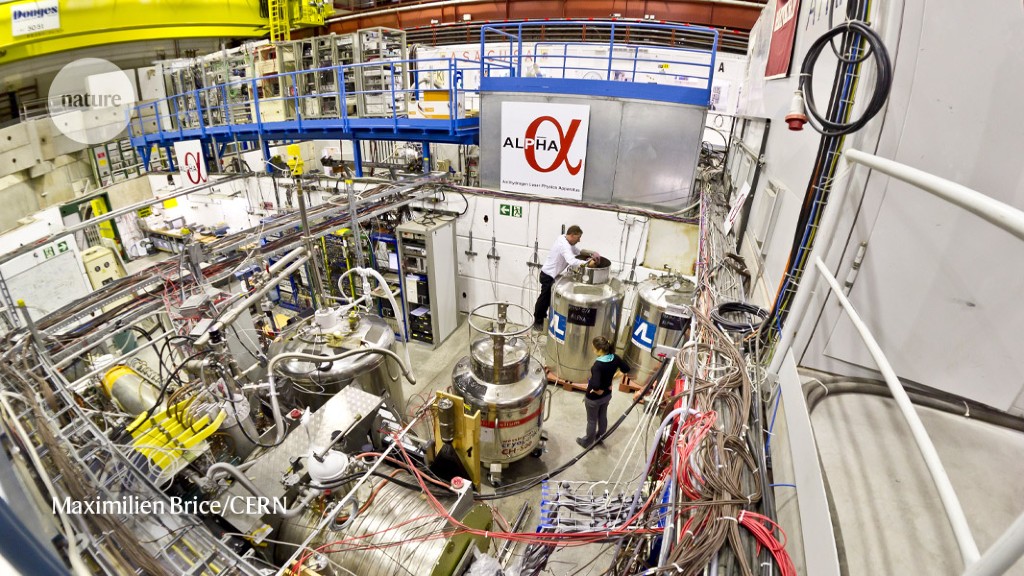Since the discovery of antimatter decades ago, particle physicists have wondered if these particles were repulsed by gravity. Einstein predicted that despite having opposite charges to its regular matter counterparts, antimatter should still behave like matter does concerning gravity. This has been tricky to confirm experimentally since it’s hard to make enough antimatter to observe its behavior. Particle physicists have finally pulled it off, using the ALPHA-g experiment at CERN, generating antihydrogen atoms and then dropping them in a 3-meter tall vertical shaft.
[description taken from Fraser Cain’s mastodon post ]



I’m looking forward to a breakthrough in our lifetimes. Maybe something which makes fusion cost effective and viable. Imagine the world with cheap, clean, and unlimited energy. I would really like to see something with regards to controlling gravity. All of a sudden terrestrial and space flight is cheap and reliable and ubiquitous. My holy grail is warp technology. I’ve always dreamed of exploring the stars, but the theoretical physical speed limit makes this impractical. Imagine if we could start exploring the galaxy. Given the lack of perceived intelligence in the universe, I suspect there’s no getting around that one. Our simulation’s rules cannot be broken.